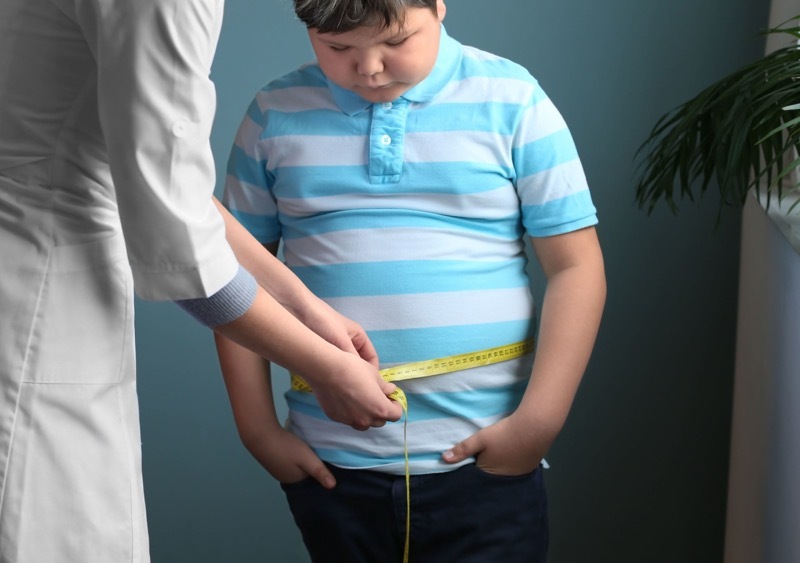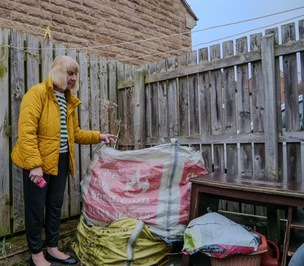A JUNK food ‘ban’ has been announced after it was revealed that a quarter of children heading into secondary school were classed as ‘obese’.
The so-called ban - which was announced last week - will restrict advertisements for products such as crisps, fizzy drinks, sugary cereals and even porridge from being broadcast until after 9pm.
The government anticipates that this ban will prevent an estimated 20,000 instances of childhood obesity across the UK.
Announcing the ban, Wes Streeting, Secretary of State for Health and Social Care, stated: “Obesity robs our kids of the best possible start in life, sets them up for a lifetime of health problems, and costs the NHS billions.
“This government is taking action now to end the targeting of junk food ads at kids, across both TV and online.
“This is the first step to deliver a major shift in the focus of healthcare from sickness to prevention, and towards meeting our government’s ambition to give every child a healthy, happy start to life.”
A similar scheme has already been announced in Barnsley.
In 2022 Barnsley became the first town in the north of England to implement restrictions on junk food advertising.
The council’s measures, developed in collaboration with food charity Sustain, have been introduced to protect the health and adults and children - and they’ll be in place across all of their advertising estate.
Being the first authority in the north of England to implement the policy, restrictions will limit advertising on all Barnsley Council-owned or leased advertising sites.
This serves to protect children and adults from exposure to high fat, salt or sugar advertising, which can influence what people eat and drink, as well as how much.
It comes after it was revealed that more than a quarter of children in Barnsley heading into secondary school are obese leading health professionals to declare the issue as ‘a ticking time bomb’.
The latest figures from the Office for Health Improvement and Disparities show there were around 730 obese or severely obese year six children in Barnsley in the last academic year, accounting for 25.6 per cent of the whole cohort.
This was down from a year earlier, when 26.3 per cent of year six children were obese.
Across England, 22.1 per cent of year six children were obese last year down from 22.7 per cent in 2022/23.
Despite the recent improvement in childhood obesity, the national rate remains higher than before the pandemic.
In 2020/21, 25.5 per cent of children were classed as obese, up sharply from 21 per cent in 2019/20.


























